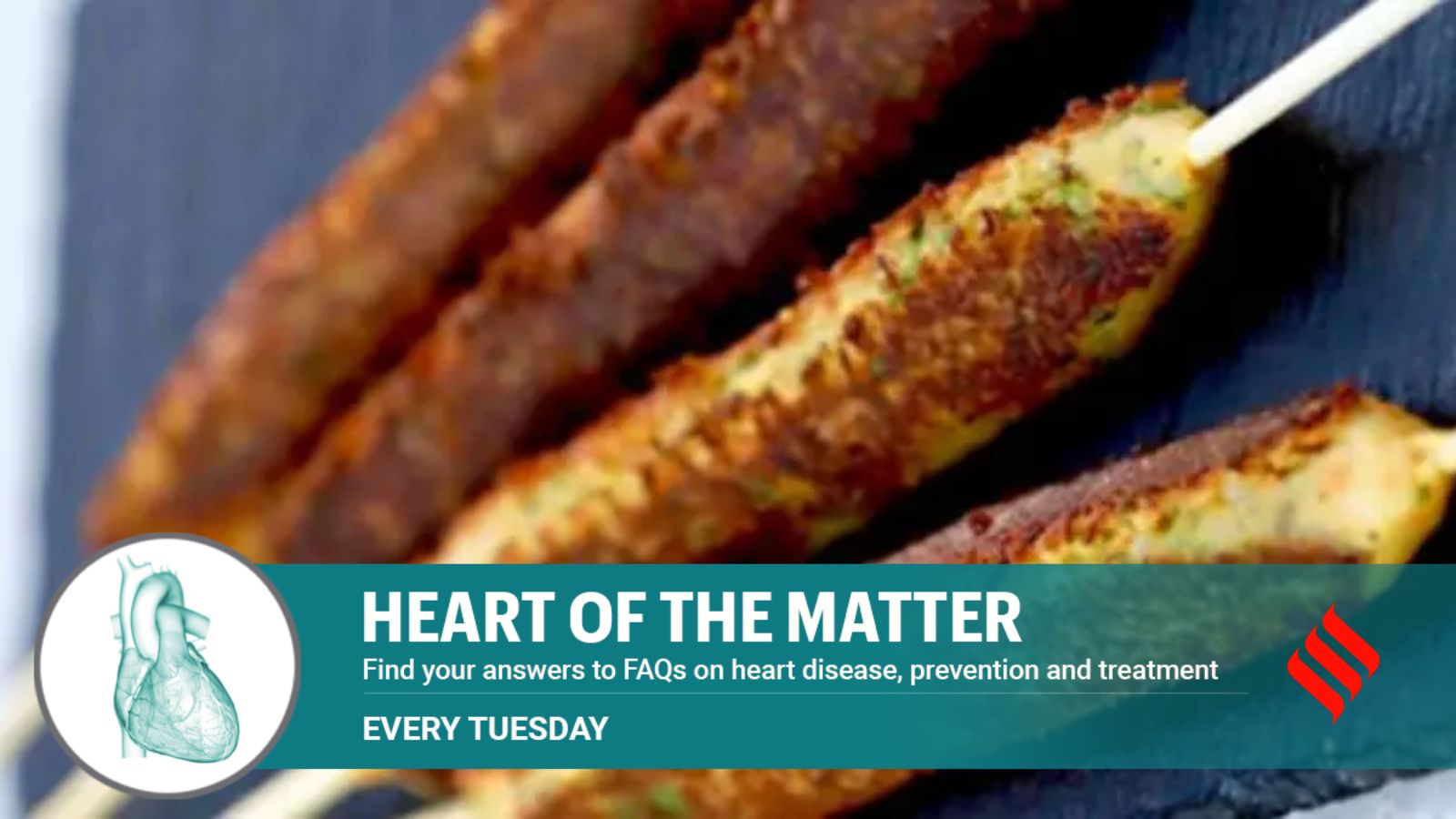
Recent studies have raised concerns about the health risks associated with consuming plant-based ultra-processed foods, such as vegan kebabs and other mock meats. These foods, while marketed as healthier alternatives to animal protein, can actually contribute to an increased risk of cardiovascular disease and mortality.
According to research published in The Lancet Regional Health Europe journal, for every 10% increase in calorie intake from plant-based ultra-processed foods, there is a 5% increased risk of cardiovascular disease and a 12% higher risk of death from cardiovascular diseases. In contrast, whole plant foods were associated with a 7% lower risk of cardiovascular disease and a 13% lower risk of mortality from cardiovascular disease.
So what makes these plant-based ultra-processed foods so harmful? They often contain unhealthy fats, added sugars, sodium, artificial sweeteners, and various additives and emulsifiers that can disturb good bacteria in the gut and lead to inflammation and thickening of blood vessels. Some even contain acrolein, a byproduct formed during manufacturing that triggers inflammation and damages heart tissue.
It's important to note that not all plant-based foods are created equal. Whole plant foods, such as fruits, vegetables, legumes, and soybeans provide essential nutrients and fiber without the harmful additives found in ultra-processed varieties.
The UK Biobank study analyzed data from almost 127,000 participants over a median follow-up of nine years. The researchers found that whole plant foods were associated with lower risks of cardiovascular disease and mortality, while plant-based ultra-processed foods were linked to higher risks.
It's crucial to be aware of the potential health risks associated with consuming plant-based ultra-processed foods and make informed choices about your diet. Opt for whole plant foods whenever possible, and limit your intake of processed alternatives.


